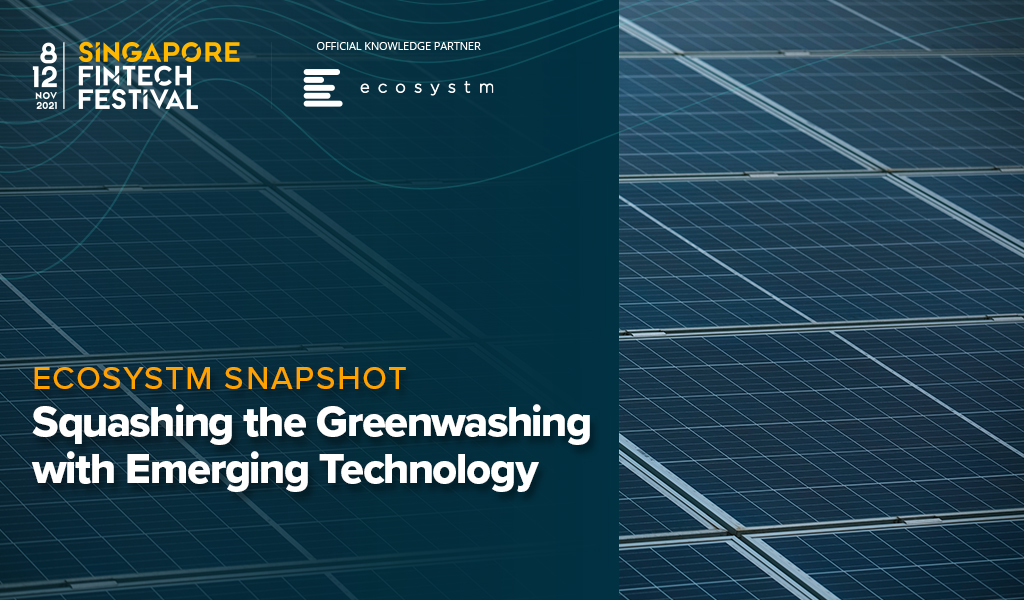Climate summits have attempted to reach a consensus and firm international agreements on emission reduction strategies. However, countries continue to lag behind in the climate promises – many do not back their ambitious targets with real, measurable steps.
With the UN Climate Change Conference (COP28) on the horizon, the world’s attention is fixed on how the conference can operationalise climate outcomes.
Read on to find out about the pivotal discussions and potential breakthroughs that COP28 holds in the global fight against environmental change.
Download ‘Eyes on COP28: Shaping the Direction of Global Climate Policy’ as a PDF.

Our financial system plays a central role in crystallising priorities and incentives for businesses and other stakeholders across the globe. So, many of us breathed a sigh of relief as the financial community got behind the Environmental, Social and Governance (ESG) movement in recent years, signalling a very visible acceleration in ESG as a hot button issue for investors and lenders.
Unfortunately, the growth of ESG as a priority for investors, lenders and consumers has driven many companies to oversell their green and/or social credentials in order to burnish their brands and attract investment. This is referred to as “greenwashing” and “social washing”.
As sustainability becomes a critical pillar for investors and consumers in their decision-making, data, analytics and technology play an increasingly critical role in enabling better decisions based on credible, accurate and more real-time information.
Read on to find out the three themes for technology enablement in sustainable finance, together with examples and potential use cases including companies such as IBM, Triodos Bank, Alipay, Floodmapp, and Data Gumbo.

























